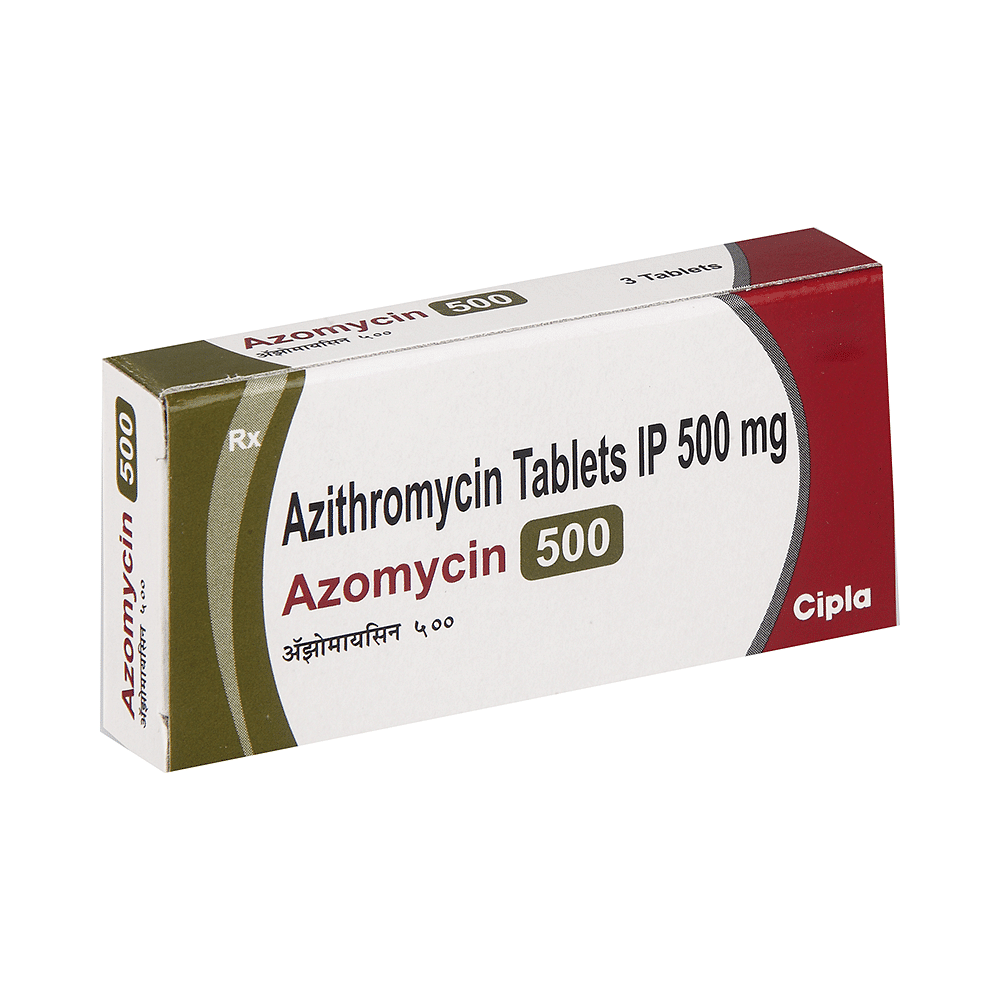
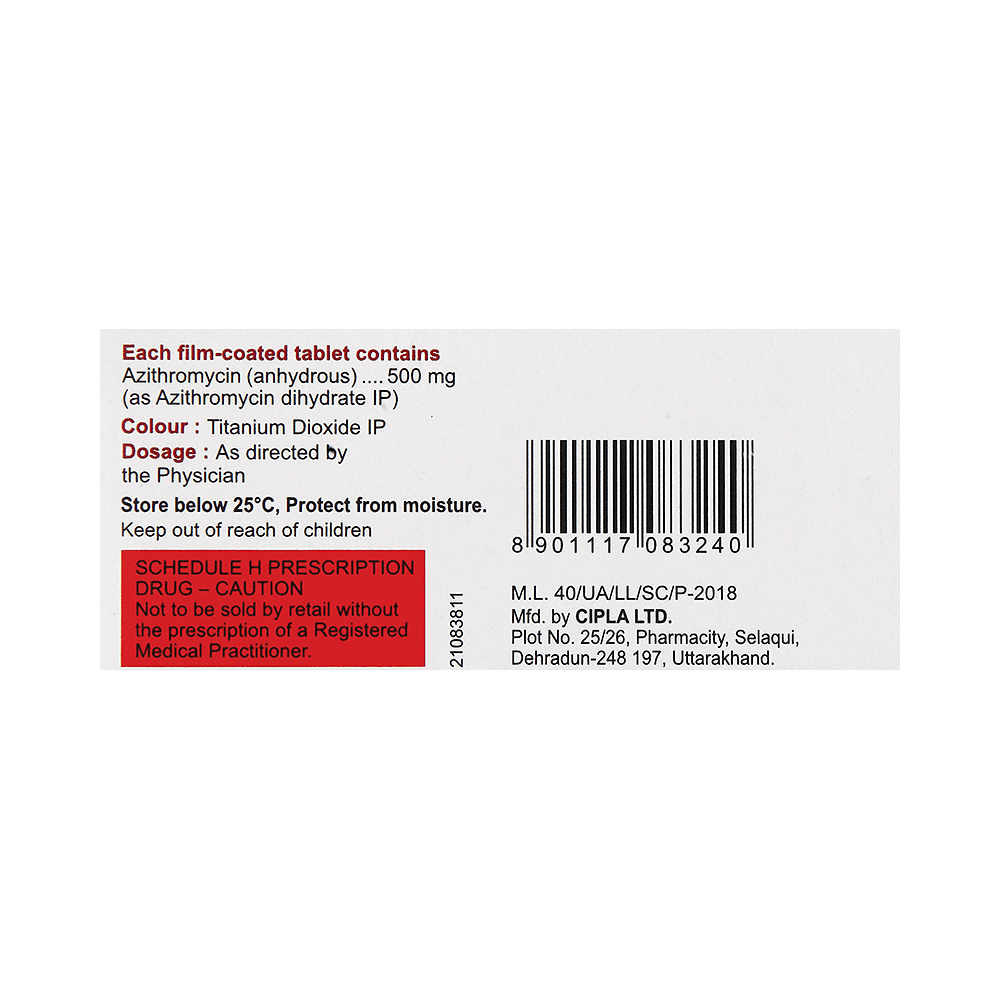
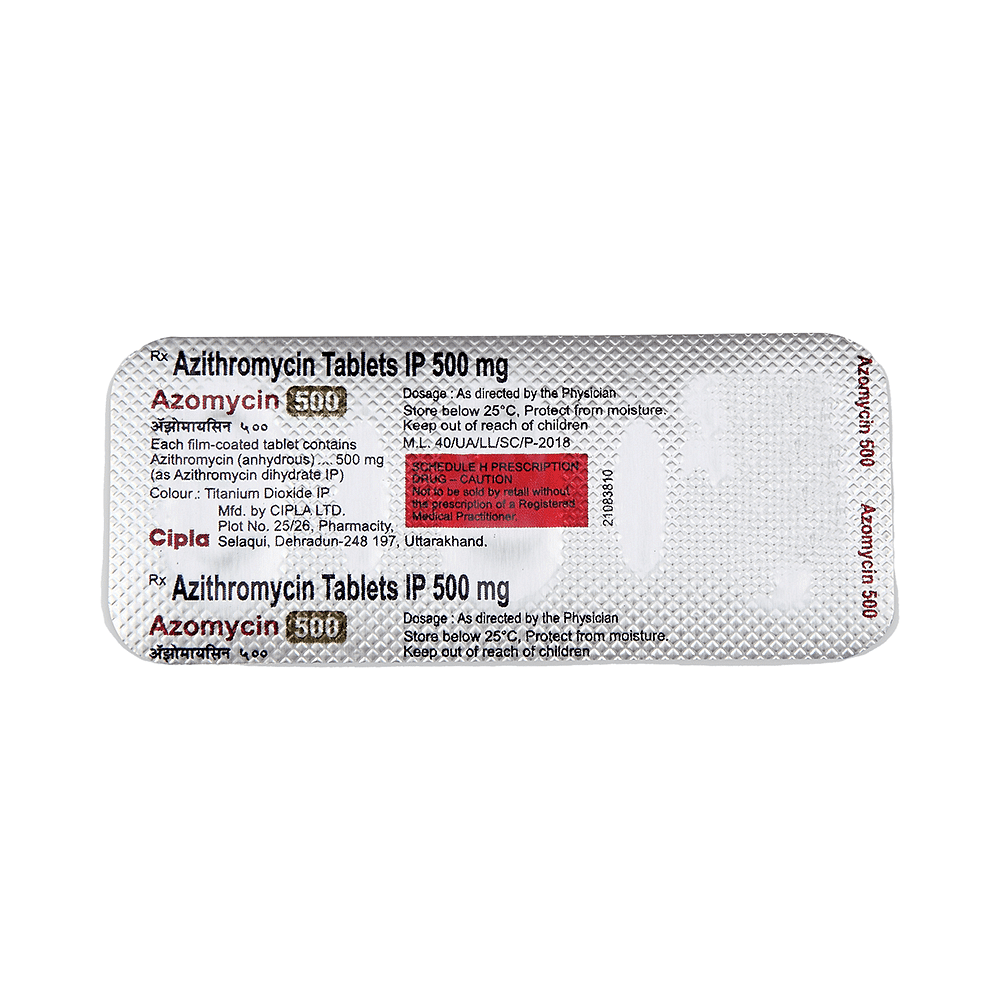
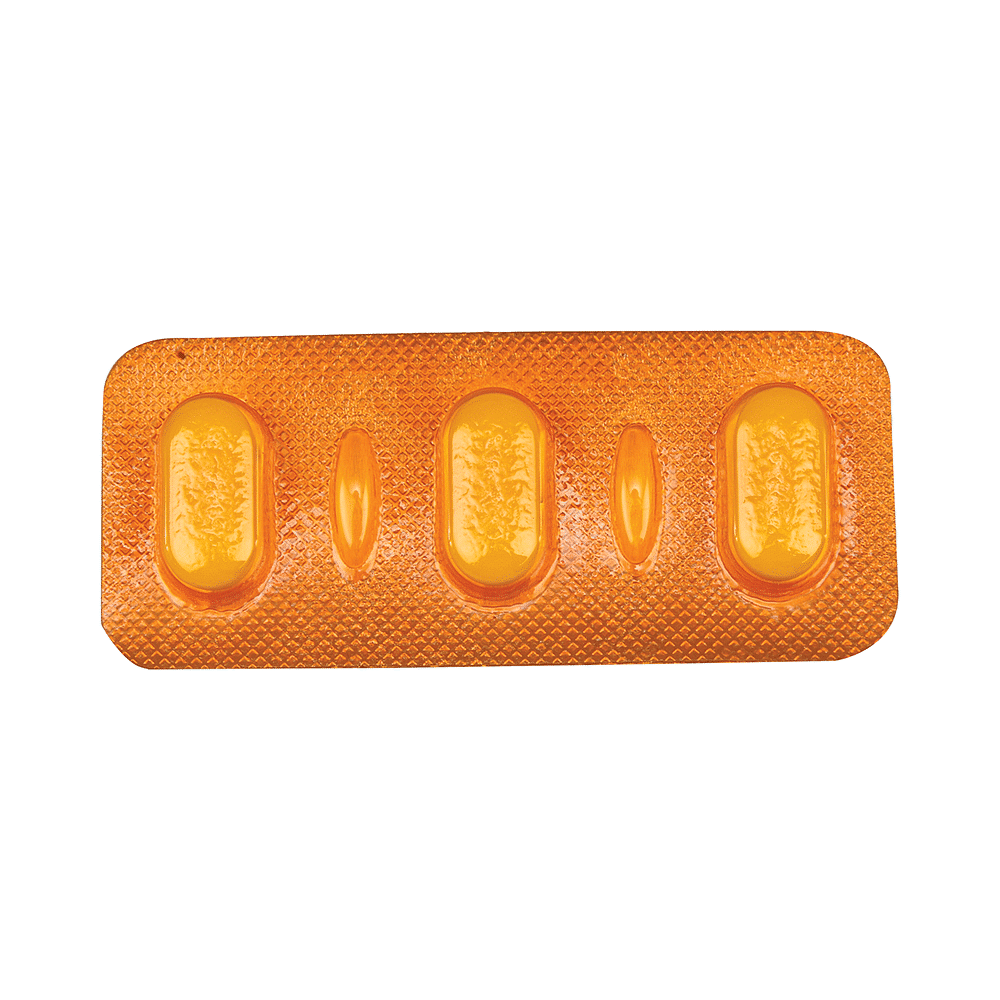
Azomycin 500 Tablet
Manufacturer
Cipla Ltd
Salt Composition
Azithromycin (500mg)
Key Information
Short Description
Azomycin 500 Tablet is an antibiotic used to treat various types of bacterial infections of the respiratory tract, ear, nose, throat, lungs, skin, and eye in adults and children.
Dosage Form
Tablet
Introduction
Azomycin 500 Tablet is an antibiotic used to treat various types of bacterial infections of the respiratory tract, ear, nose, throat, lungs, skin, and eye in adults and children. It is also effective in typhoid fever and some sexually transmitted diseases like gonorrhea.
Directions for Use
Take this medicine in the dose and duration as advised by your doctor. Swallow it as a whole. Do not chew, crush or break it. Azomycin 500 Tablet may be taken with or without food but it is better to take it at a fixed time.
How it works
Azomycin 500 Tablet is an antibiotic. It works by preventing synthesis of essential proteins required by bacteria to carry out vital functions. Thus, it stops the bacteria from growing and prevents the infection from spreading.
Quick Tips
Do not skip any doses and finish the full course of treatment even if you feel better. Stopping it early may make the infection to come back and harder to treat. Take it 1 hour before or two hours after food. Do not take antacids 2 hours before or after taking Azomycin 500 Tablet. Diarrhea may occur as a side effect but should stop when your course is complete. Inform your doctor if it doesn't stop or if you find blood in your stools. Stop taking Azomycin 500 Tablet and inform your doctor immediately if you develop an itchy rash, swelling of the face, throat or tongue or breathing difficulties while taking it.
Related Medicines
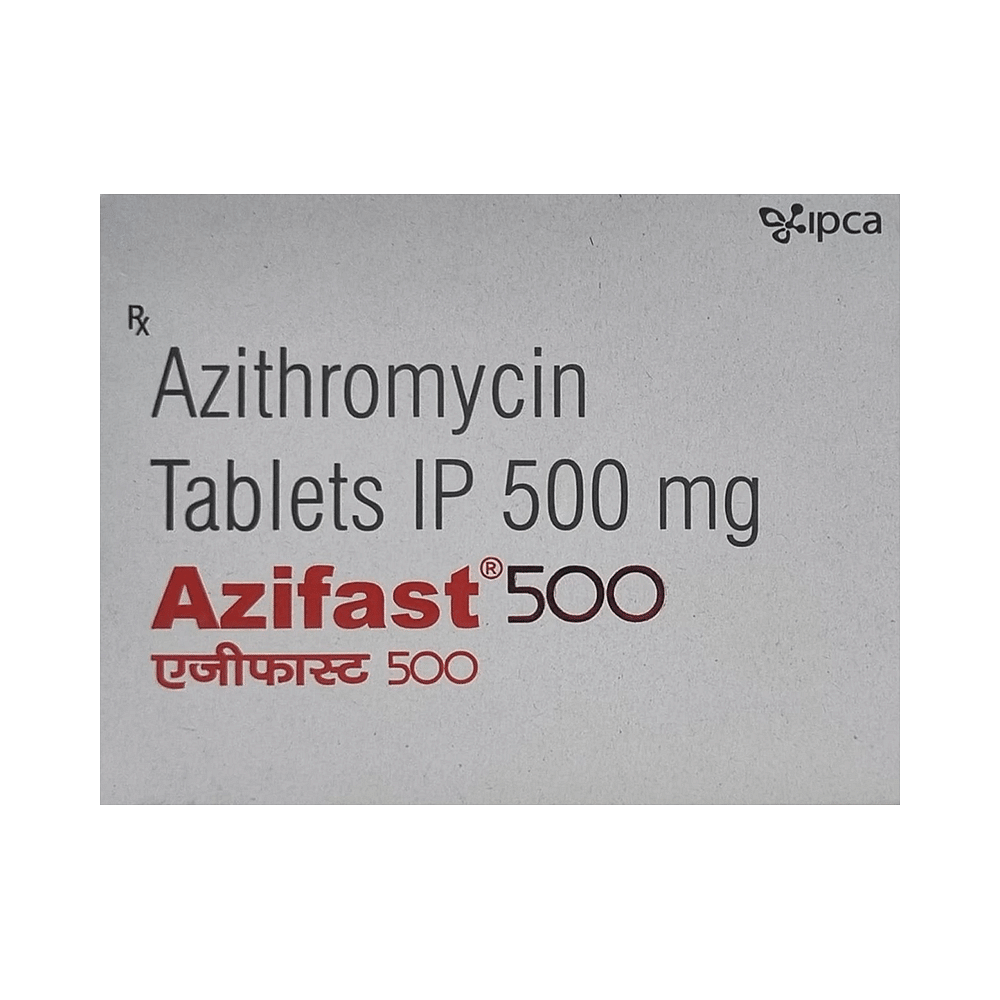
Azifast 500 Tablet
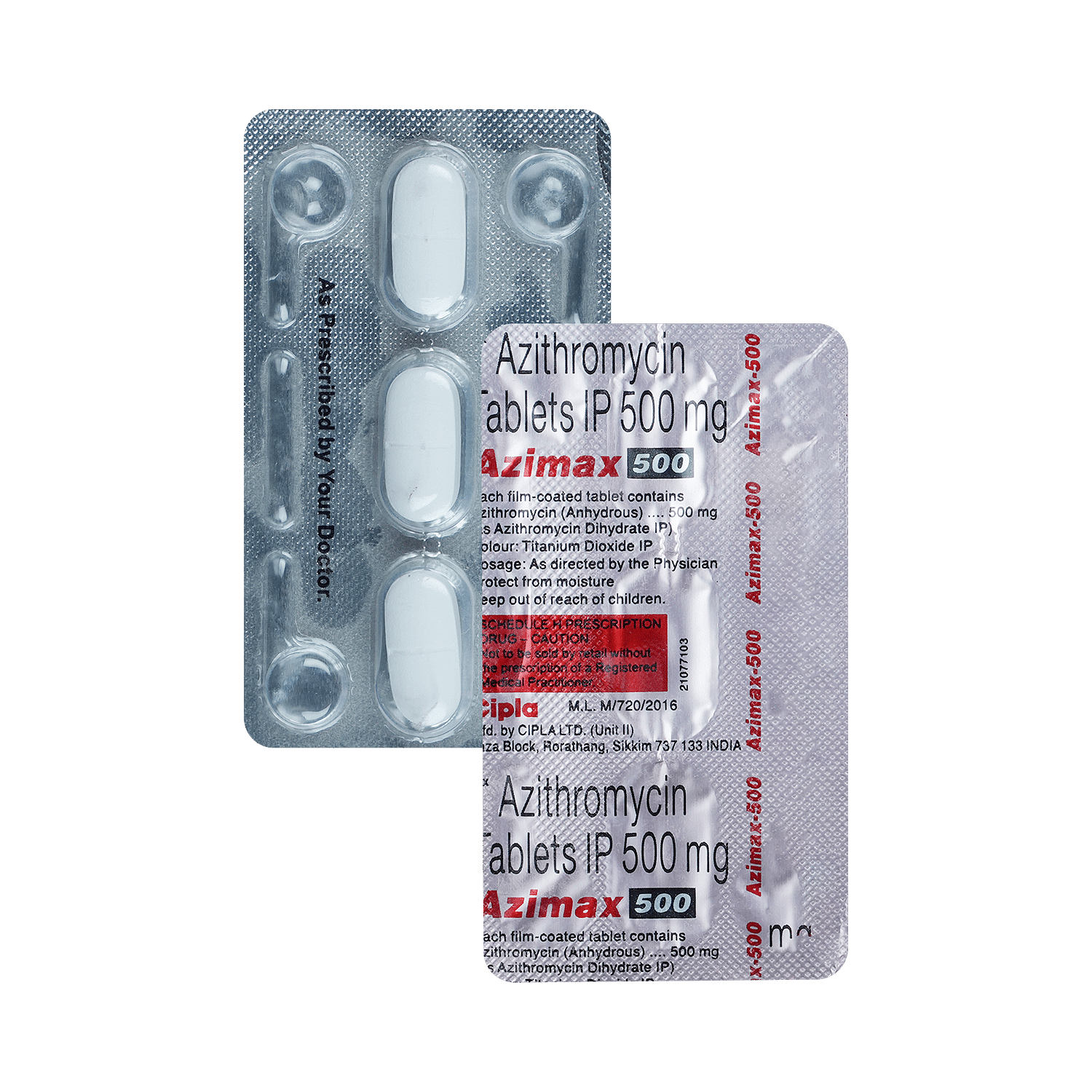
Azimax 500 Tablet
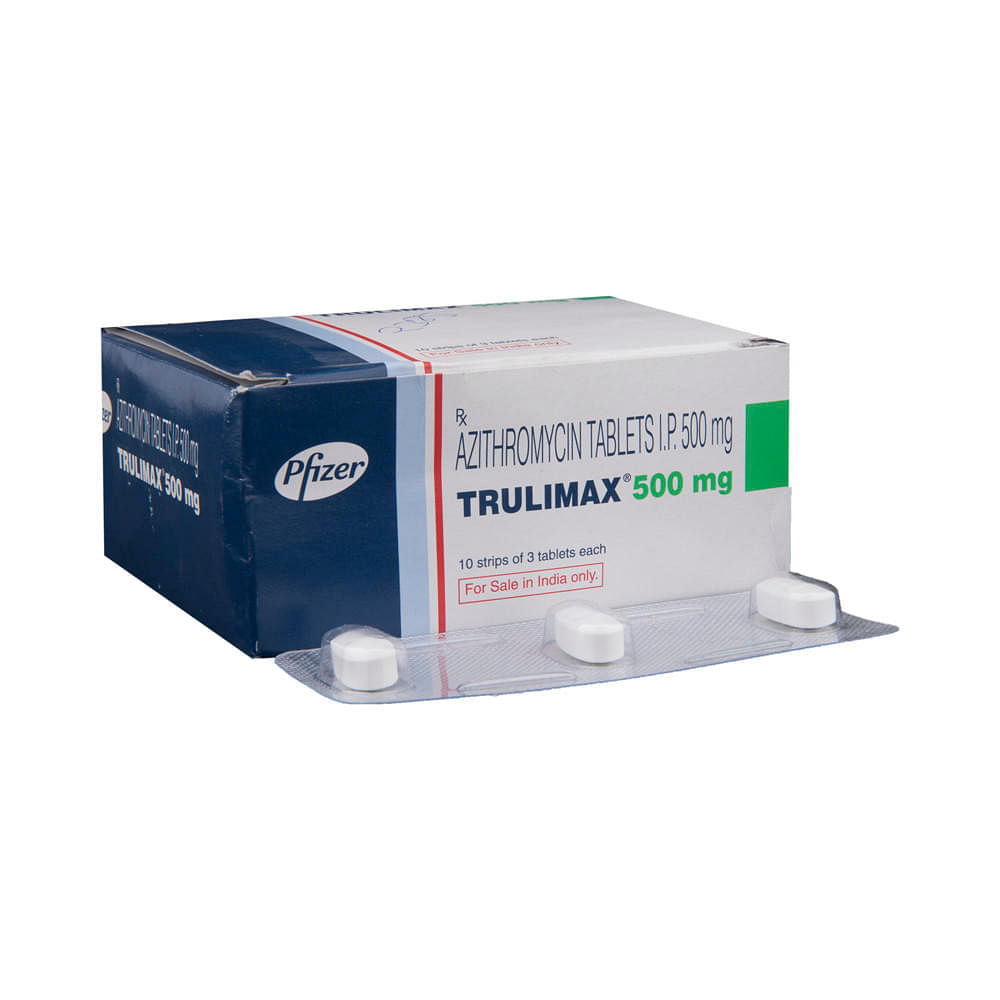
Trulimax 500mg Tablet
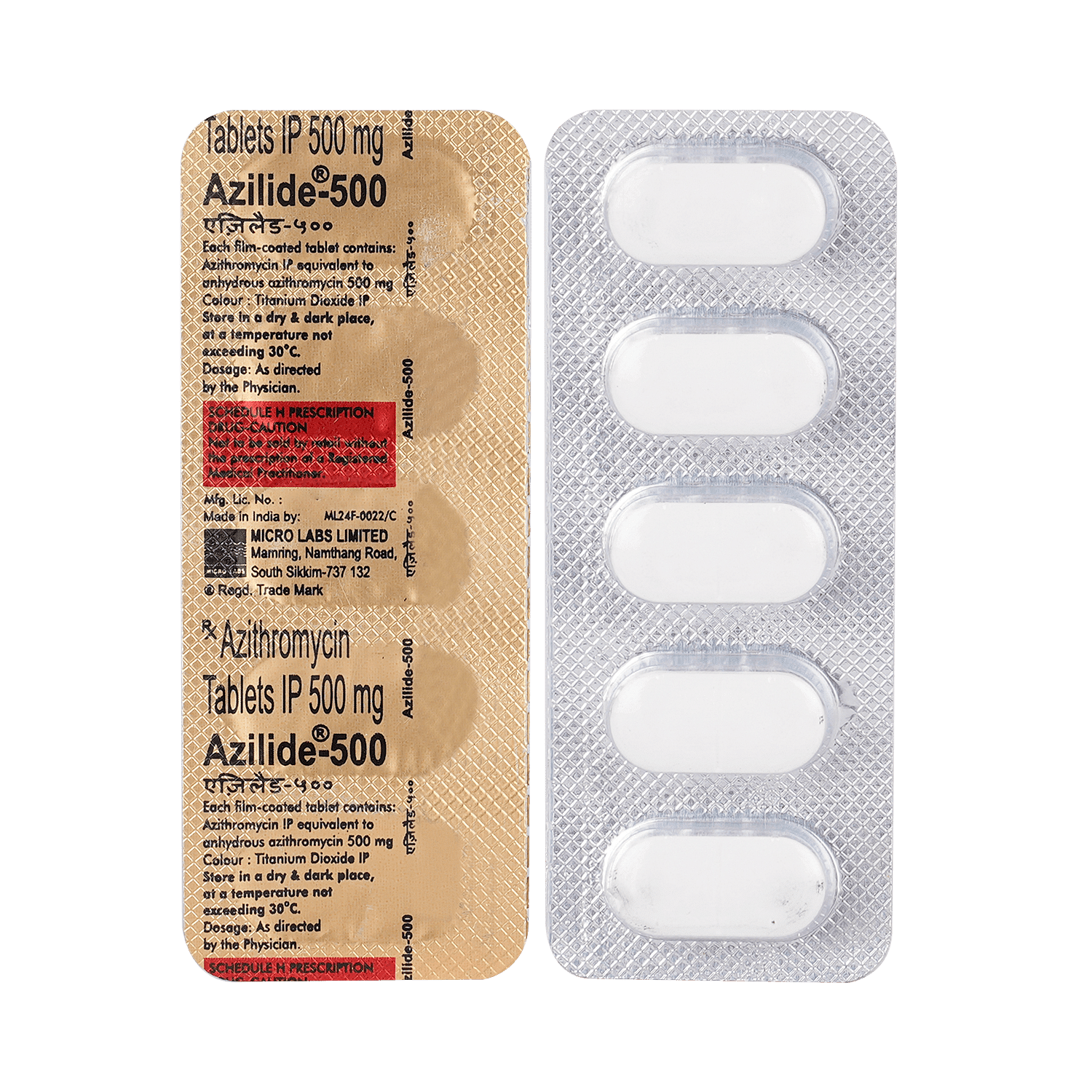
Azilide-500 Tablet
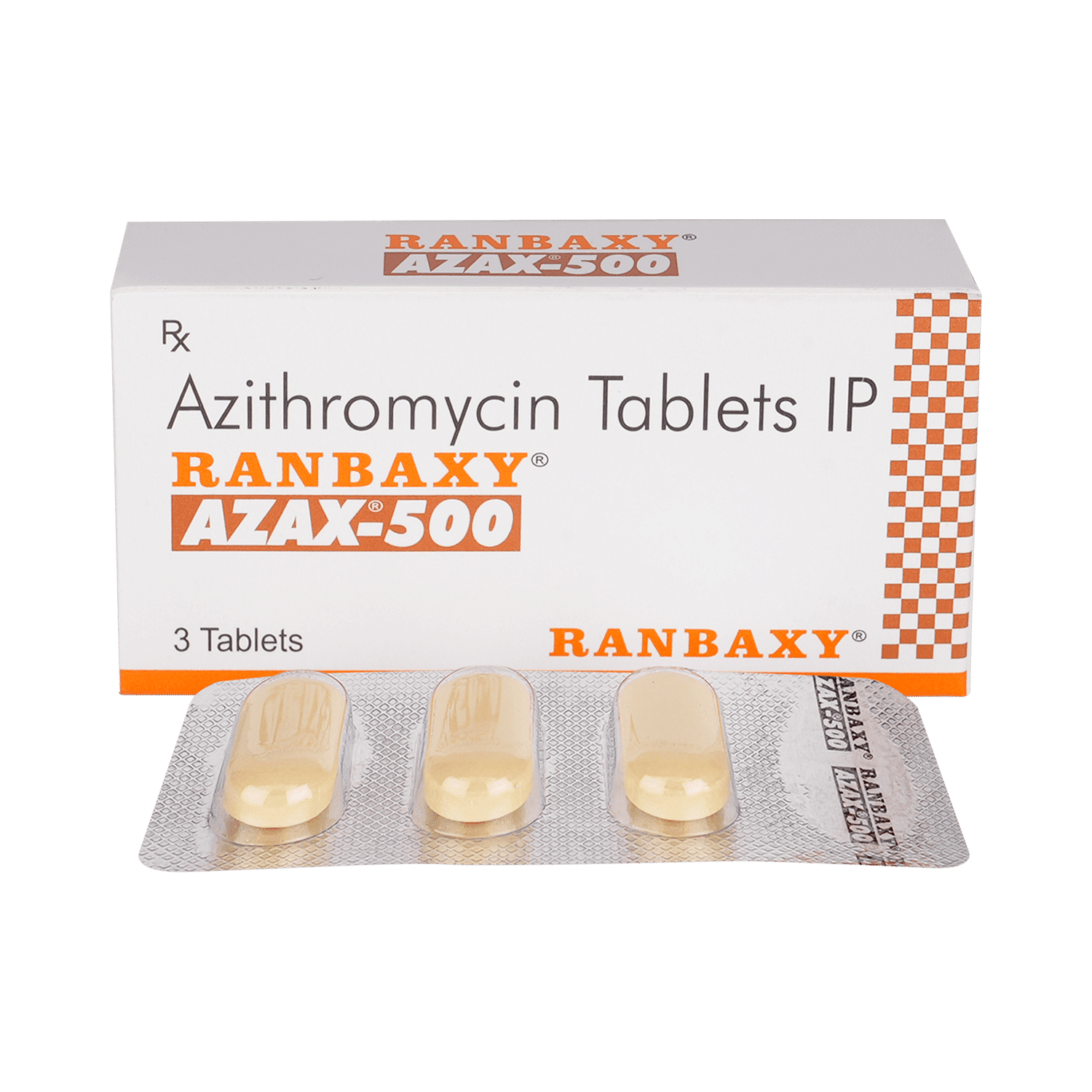
Azax 500 Tablet
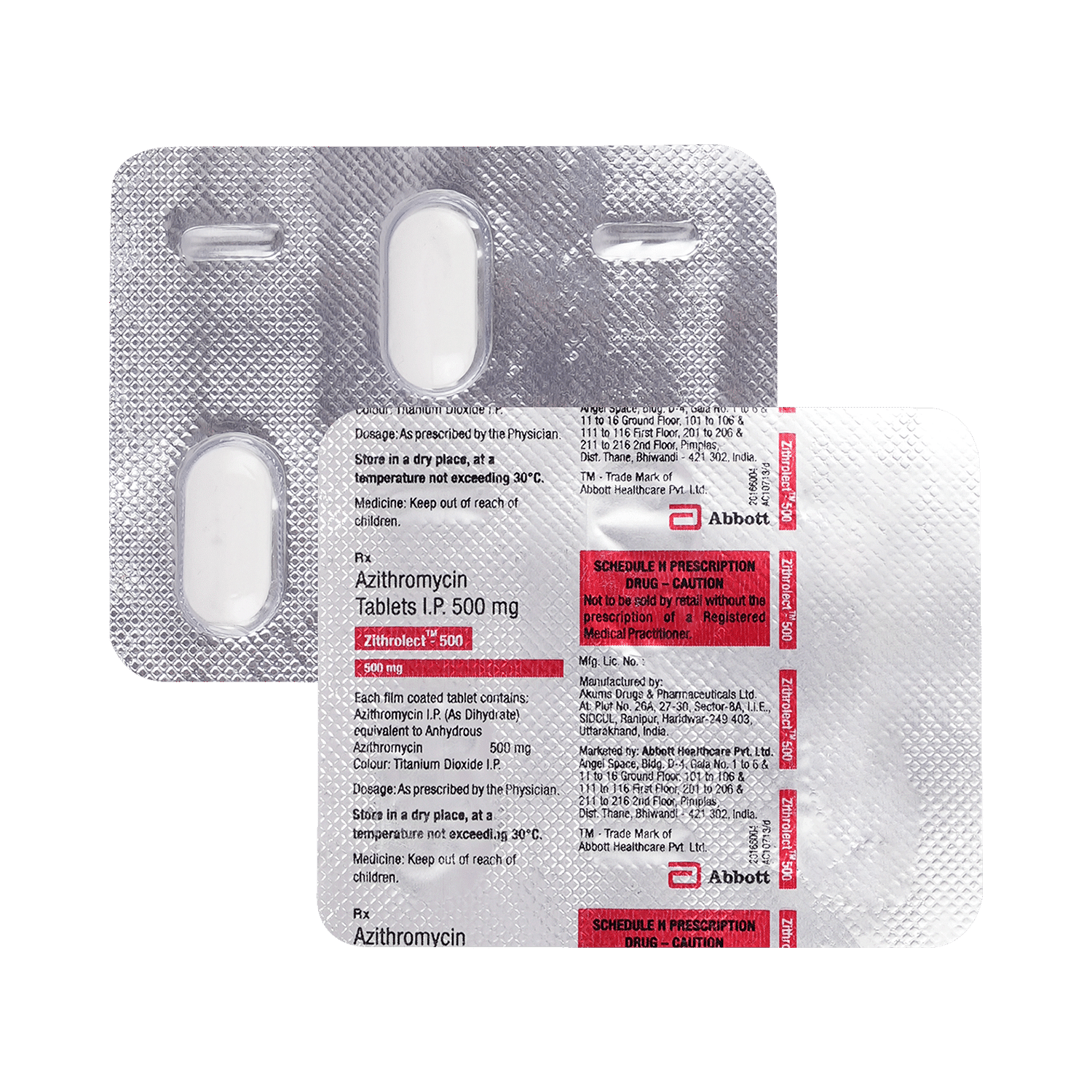
Zithrolect 500 Tablet
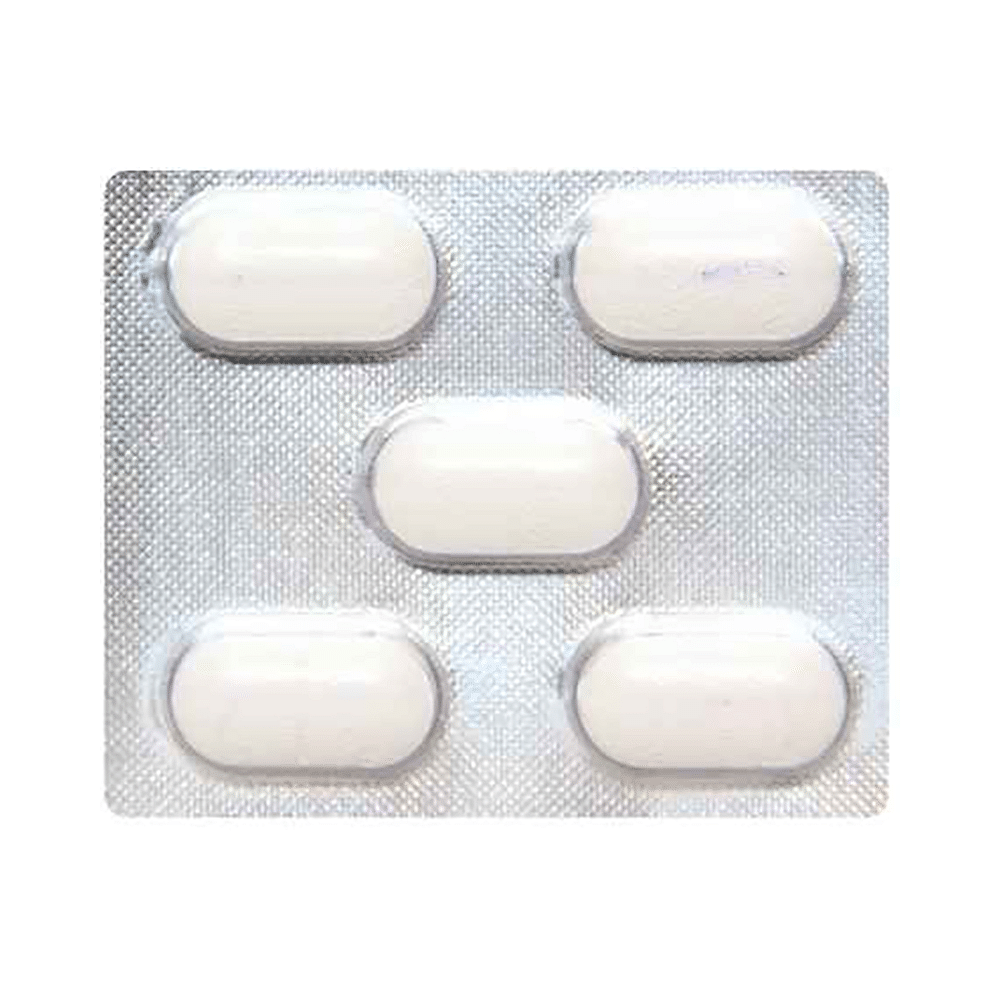
ATM 500 Tablet
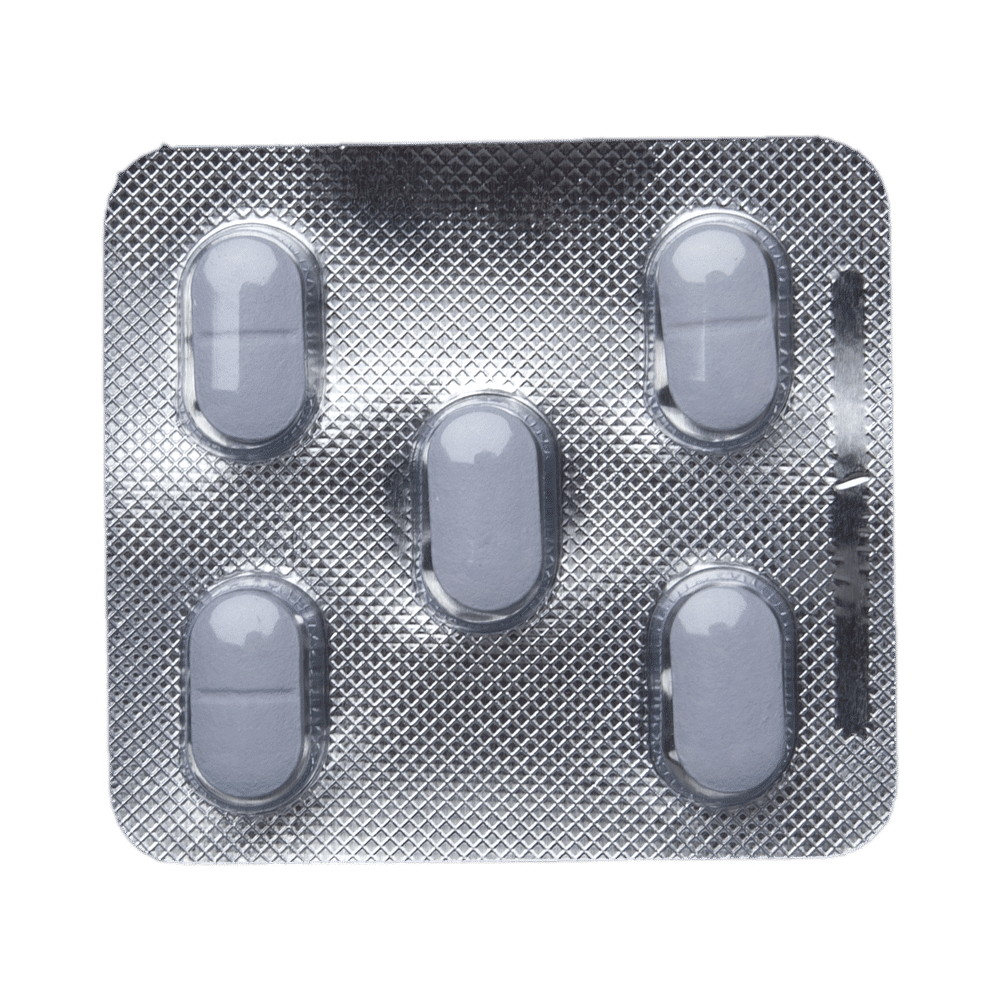
Zady-500 Tablet
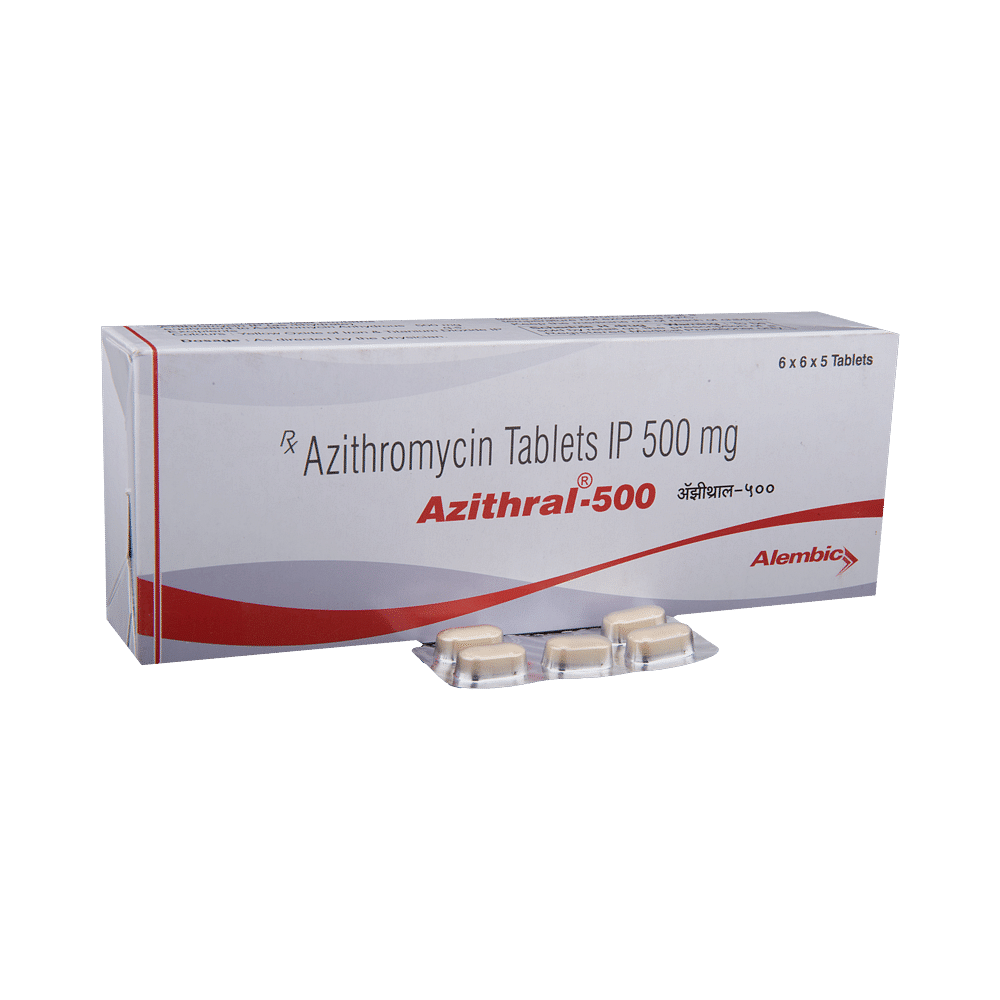
Azithral-500 Tablet
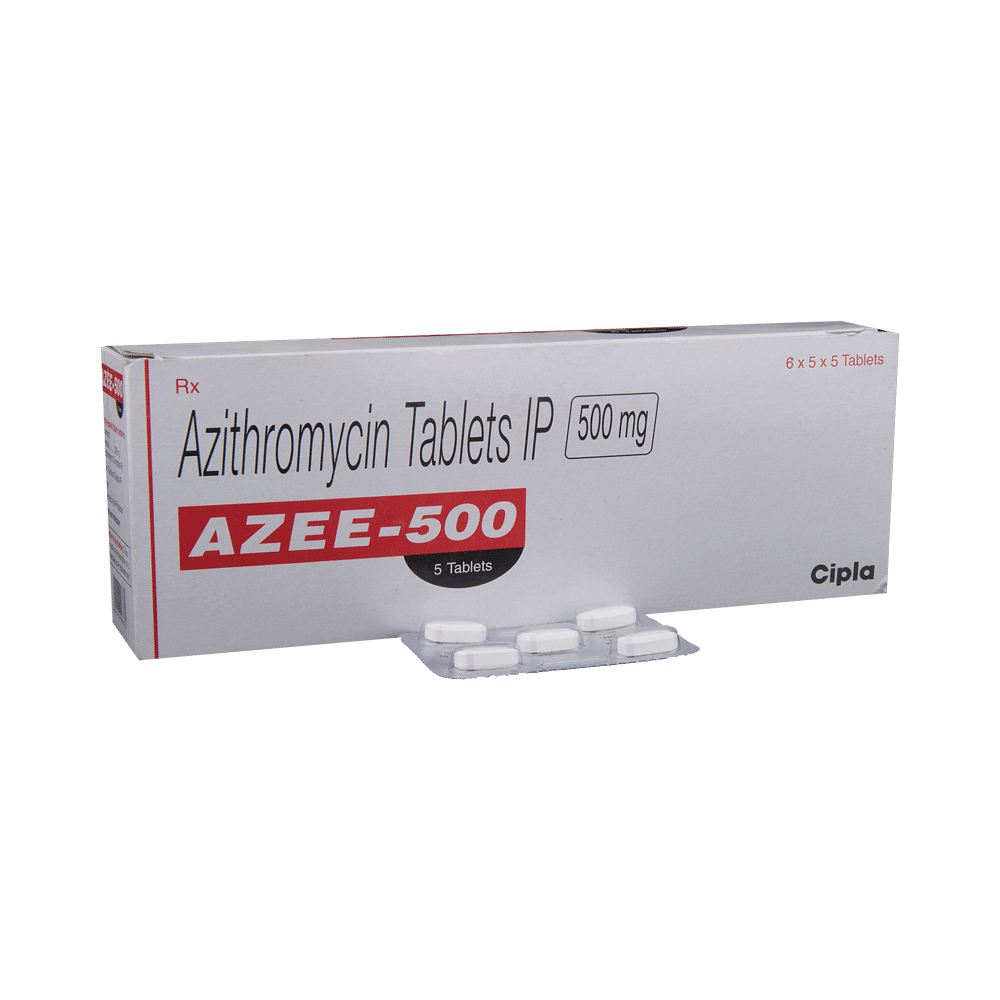
Azee-500 Tablet
Frequently asked questions
Is Azomycin 500 Tablet safe?
Azomycin 500 Tablet is considered safe when used as directed by a healthcare professional for the prescribed duration. Always follow your doctor's instructions carefully and avoid exceeding the recommended dosage.
What if I don't get better?
If you do not see improvement in your symptoms after 3 days of taking Azomycin 500 Tablet, inform your healthcare professional immediately. If your symptoms worsen, seek medical attention right away as well.
Can the use of Azomycin 500 Tablet cause diarrhea?
Yes, Azomycin 500 Tablet can sometimes cause diarrhea due to its effect on the bacteria in the gut. This is a common side effect and generally doesn't pose serious health concerns but if experiencing severe symptoms, discuss it with your doctor.
Can Azomycin 500 Tablet be taken at night?
Azomycin 500 Tablet is typically taken once daily. You can take the medication at any time of day, but always make sure to follow the same timing each day as directed by your doctor. It can be taken with or without food, but it's essential to maintain consistency in dosage and consult your doctor if you have any doubts.
How long does it take Azomycin 500 Tablet to work?
Azomycin 500 Tablet typically starts working within a few hours of administration. You might start to experience improvement in your symptoms after a few days, but remember that the treatment duration must align with your doctor's recommendations. Continuing the entire course as prescribed by your healthcare provider is essential for achieving optimal results and minimizing the possibility of reinfection.
Why is Azomycin 500 Tablet given for 3 days?
The duration of treatment with Azomycin 500 Tablet depends on the type and severity of infection. A single dose of 500 mg is typically prescribed for 3 days in most bacterial infections, or a dose regimen may be adjusted based on the specific situation by your doctor.
What should I avoid while taking Azomycin 500 Tablet?
It's advisable to refrain from consuming antacids along with Azomycin 500 Tablet, as this can potentially hinder the medication's effectiveness. It is also recommended to minimize exposure to sunlight or tanning beds to reduce the risk of sunburn, as prolonged sun exposure might exacerbate your condition.
Is Azomycin 500 Tablet a strong antibiotic?
Azomycin 500 Tablet is an effective antibiotic used for treating various bacterial infections. Its longer half-life compared to other antibiotics makes it suitable for once-daily administration, as the medication remains in your body for a prolonged period. This duration allows for targeted treatment and reduces the frequency of dosage required, unlike other antibiotics.
Can you get a yeast infection from taking Azomycin 500 Tablet?
Some individuals may develop a fungal or yeast infection known as thrush after using Azomycin 500 Tablet. This is because the medication can kill the beneficial bacteria in your gut that help prevent thrush. If you experience symptoms like sore throat, vaginal itching, discharge, white patches on your mouth or tongue, it's crucial to inform your healthcare provider immediately.


